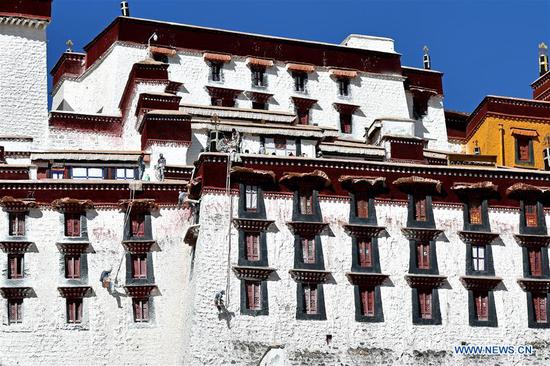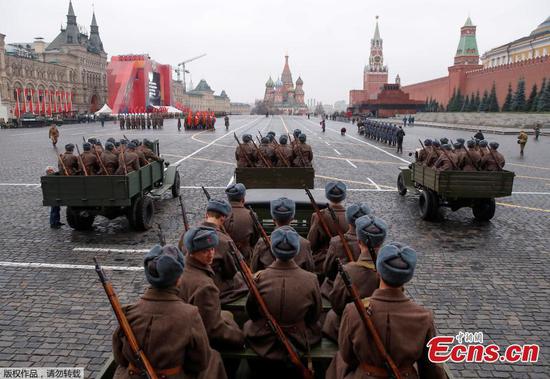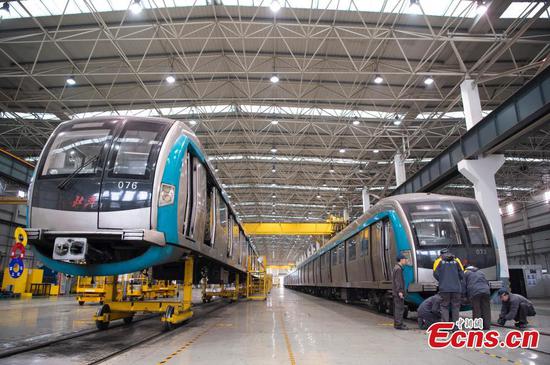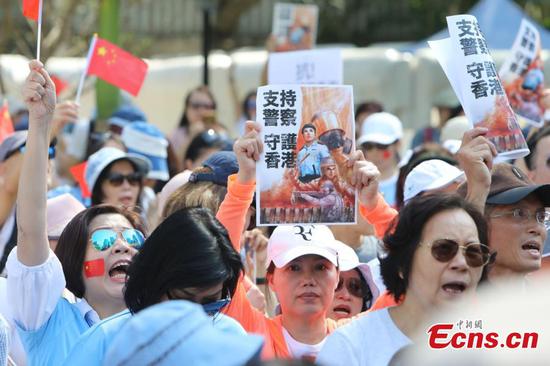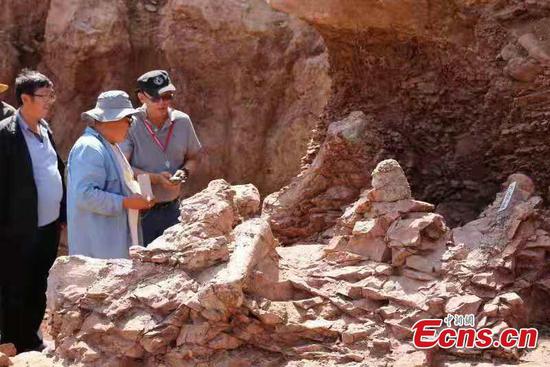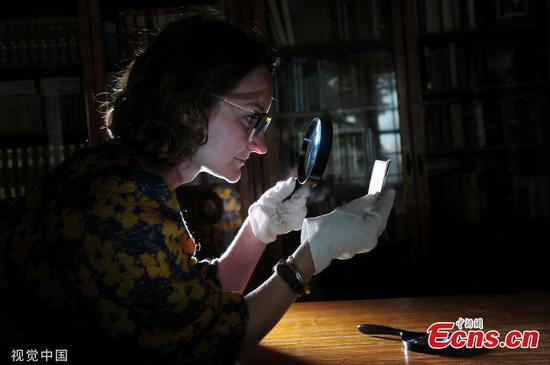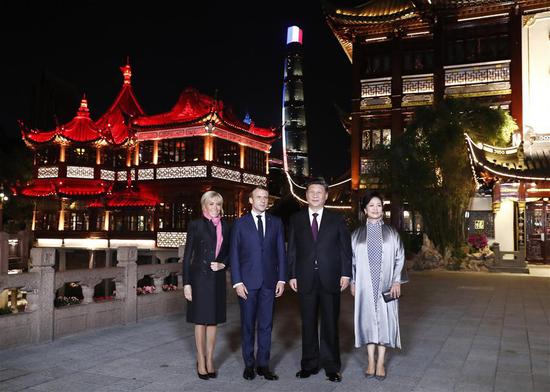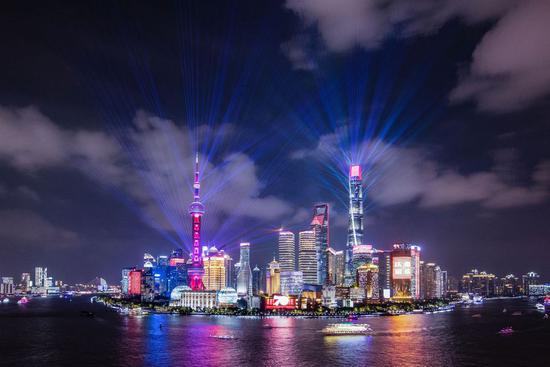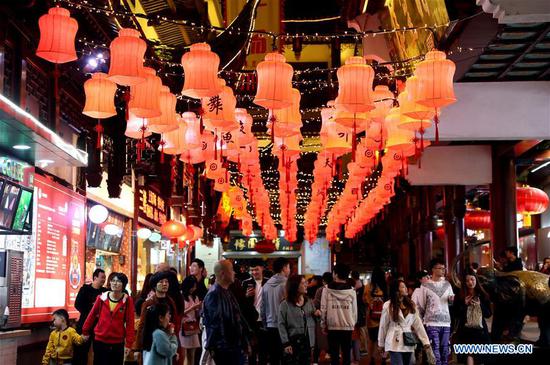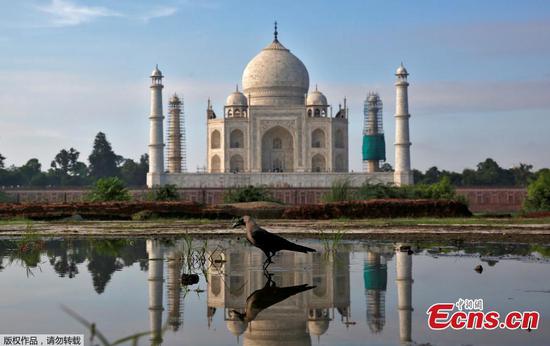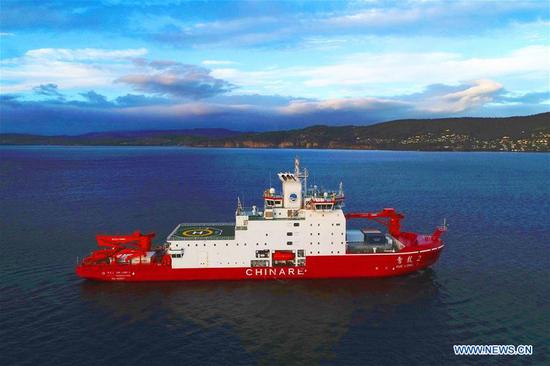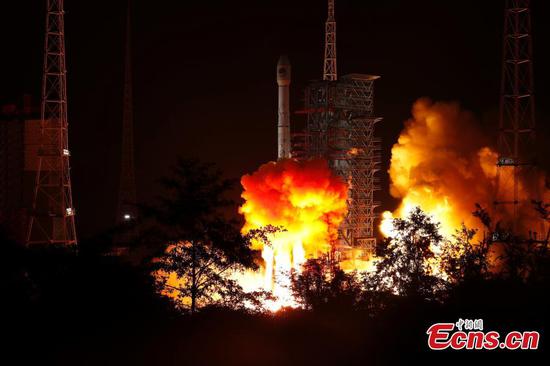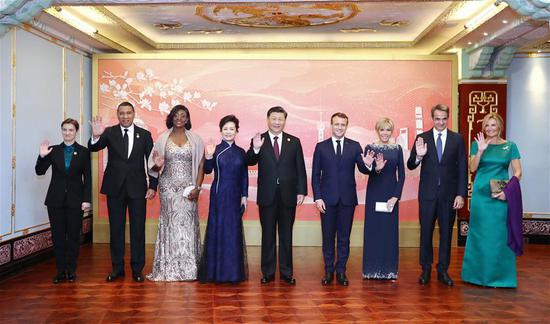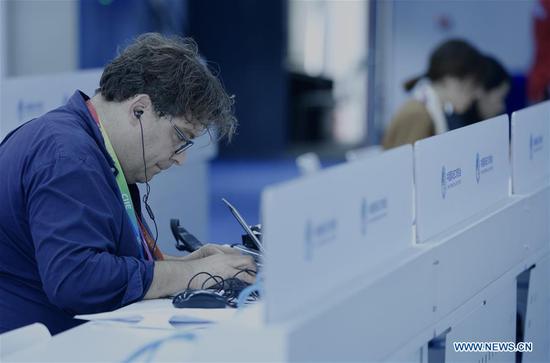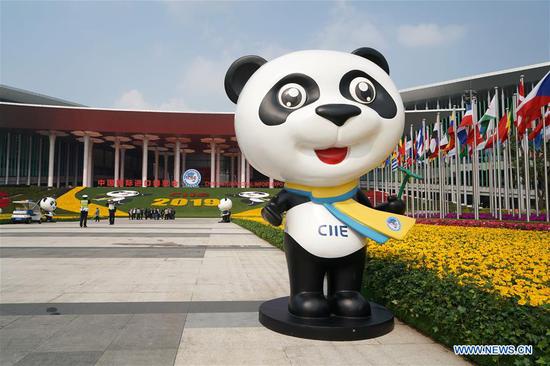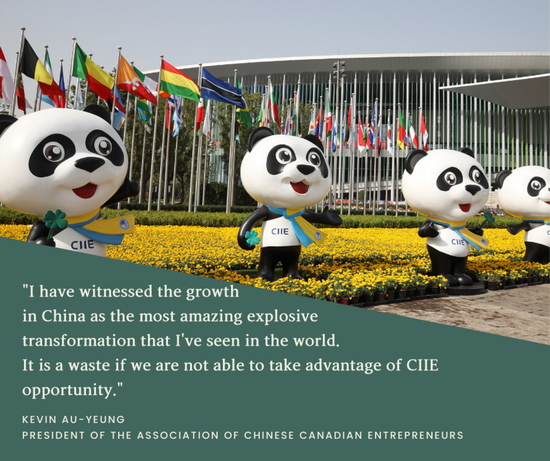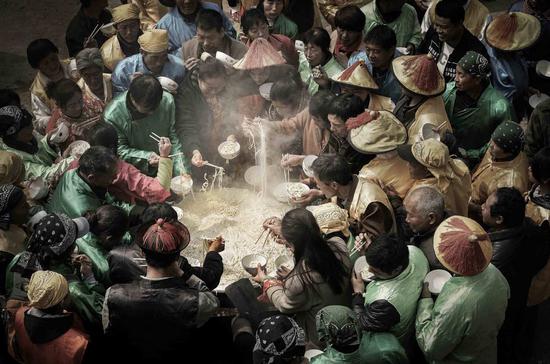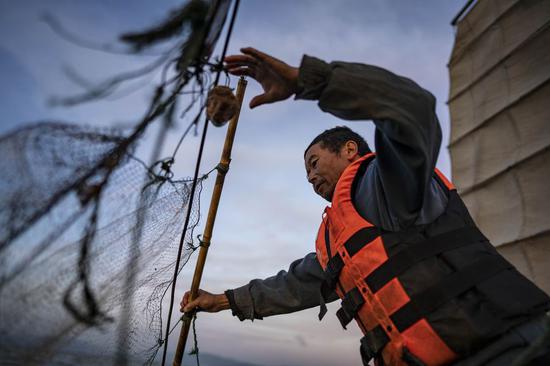Related parties will step up efforts to finish talks on RCEP finalization
Fifteen member states will try to resolve several remaining issues about the Regional Comprehensive Economic Partnership by the end of this year, aiming to seal the trade pact in 2020, the Ministry of Commerce said on Wednesday.
Analysts said the recent breakthrough in finalizing the RCEP-which is hailed as what would be the world's largest trade bloc-is symbolically significant and a major achievement.
Speaking at a news conference, Wang Shouwen, vice-minister of commerce, said related parties will step up efforts to finish consultations on a few issues, complete the text review as soon as possible, and speed up necessary domestic procedures to create conditions for signing the free trade agreement next year.
As for addressing the remaining issues, the main task is for related parties to complete consultations on mutual market access, according to Yang Zhengwei, deputy director-general of the Department of International Trade and Economic Affairs under the commerce ministry.
The RCEP is a proposed free trade agreement between the 10 member states of the Association of Southeast Asian Nations-Indonesia, Thailand, Singapore, the Philippines, Malaysia, Vietnam, Brunei, Cambodia, Myanmar and Laos-as well as Australia, China, Japan, New Zealand, India and the Republic of Korea. Negotiations were formally launched in 2012.
On Monday at the 22nd ASEAN-China, Japan and Republic of Korea leaders' meeting in Bangkok, 15 participating countries of the RCEP essentially concluded all negotiations on market access.
India did not sign the agreement on that day. Analysts point to its fear that opening its economy would undermine its already fragile domestic manufacturing base.
Wang said that the RCEP, if inked among 15 member countries, will be the world's largest free trade area. If India joins in after resolving the remaining issues, the FTA's scale will be further expanded, he added.
Fifteen member states will maintain contact with India and continue to negotiate with it, in order to address India's remaining concerns, Wang said. "All are welcoming India's accession to the trade pact as soon as possible," he said.
Completion of the agreement will bring "enormous" benefits for the region, for China, and for the world economy, Wang said.
As it now stands, the RCEP will cover an estimated 30 percent of the global economy. If India were to be included, it would cover 32 percent.
The date for signing the formal agreement has yet to be finalized. It ends seven years of protracted negotiations and will go a long way to further integrating economies around the region.
Siriwan Chutikamoltham, senior lecturer and academic director of the Nanyang Fellows MBA Program of Nanyang Technological University in Singapore, said the RCEP's conclusion is a major achievement after a "long and arduous process".
The agreement sends an immediate message of international cooperation and support for trade.
"This is a much-needed positive development amid the anti-globalization and political populism of the past few years," said Siriwan.
Siriwan of the NTU said he hoped the conclusion of the RCEP agreement can help lift the cloud of economic uncertainty and boost growth.
"Covering 29 percent of the global economy, the RCEP is a significant trade agreement in anyone's terms," said Melissa Conley-Tyler, director, diplomacy at Asialink, a think tank at the University of Melbourne.
"It has taken 28 rounds since negotiations were formally launched in 2012 for 15 countries to reach an agreement on the text for 20 chapters," she added.
Alice de Jonge, senior lecturer with the Monash Business School in Melbourne, said the significance of the deal should not be underestimated.
"It not only brings ASEAN closer together but the economies of five other regional economies as well, including China. It will see a close integration of value and supply chains."









